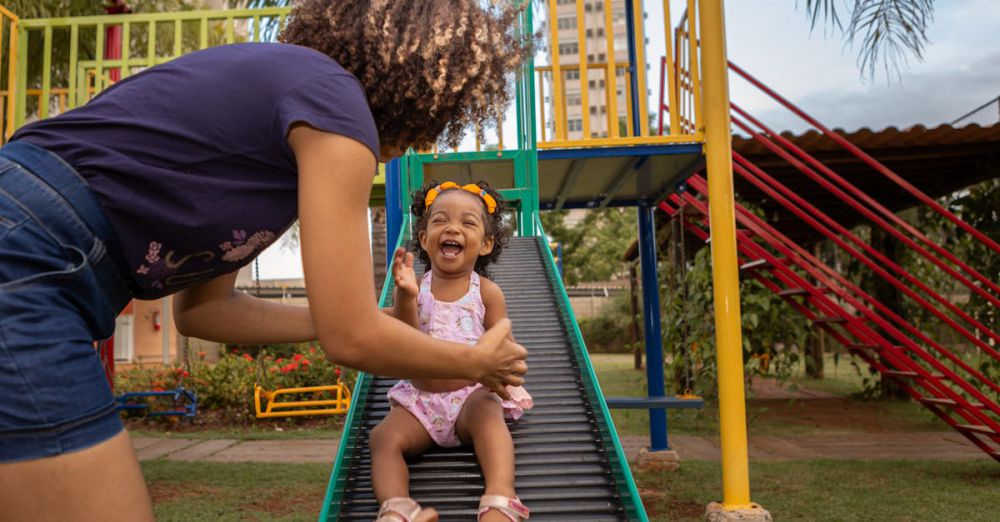Which Urban Gardens Are Best for Children
Urban gardening is a wonderful way to introduce children to nature while teaching them about sustainability and healthy eating. With the hustle and bustle of city life, it can be challenging to find suitable spaces for children to connect with the environment. However, many urban gardens cater specifically to young ones, creating opportunities for hands-on learning and exploration. There are a variety of urban gardens that stand out as the best choices for children, each offering unique experiences.
Community Gardens
Community gardens are often the backbone of urban horticulture. These shared spaces allow families to cultivate their own plots while fostering a sense of belonging. Many community gardens conduct workshops and educational programs for children, covering topics like composting, planting, and pest management. Kids can get their hands dirty, learn where their food comes from, and even make friends with their neighbors. The collaborative atmosphere encourages teamwork and communication, essential skills for personal development.
Botanical Gardens
Botanical gardens are not only visually stunning but also serve as educational resources. Many cities boast botanical gardens with dedicated children’s sections filled with interactive exhibits and play areas that promote learning through fun. These gardens often host seasonal events, such as plant fairs and educational workshops, focusing on various themes like pollination and plant life cycles. Children can engage in hands-on activities, such as planting seeds or observing butterflies, making the learning experience both enjoyable and memorable.
Rooftop Gardens
Rooftop gardens are an innovative solution to urban space constraints. They often provide a unique perspective on gardening, combining stunning city views with lush greenery. Many rooftop gardens are designed with children in mind, featuring interactive elements like slides, climbing structures, and sensory pathways. These gardens often host educational programs that focus on urban ecology, biodiversity, and environmental stewardship. Children can learn about the importance of greenspaces in cities while enjoying the fresh air and sunshine.
School Gardens
School gardens are a fantastic way to integrate gardening into children’s education. They provide a hands-on learning environment where students can apply scientific concepts while nurturing plants. Many schools have established gardens as part of their curriculum to teach kids about healthy eating, biology, and ecology. Activities like planting, watering, and harvesting allow children to witness the growth process firsthand, reinforcing the connection between food and nature. School gardens also encourage teamwork, as students work together to maintain the garden, fostering a sense of responsibility and community.
Nature Playgrounds
Nature playgrounds are designed to blend play with environmental education. These spaces often feature natural materials like logs, stones, and plants, encouraging children to explore and interact with their surroundings. Many nature playgrounds incorporate gardens into their design, allowing kids to learn about plants while they play. These gardens often include edible plants, where children can pick fresh fruits and vegetables during their adventures. By integrating gardening into play, children develop a deeper appreciation for nature and the environment.
Urban Farms
Urban farms are another excellent option for children eager to learn about agriculture in a city setting. These farms often provide educational programs that emphasize the importance of sustainable farming practices. Kids can participate in planting, harvesting, and even cooking demonstrations, giving them a well-rounded understanding of food production. Urban farms often prioritize community engagement, allowing children to meet farmers and learn about the various roles involved in food systems. This hands-on experience cultivates a sense of connection to food and fosters a desire to make healthy choices.
Cultivating Lifelong Connections
The best urban gardens for children not only offer opportunities for hands-on learning but also foster a lasting connection to nature. These spaces encourage exploration, creativity, and a sense of community among children, paving the way for a more sustainable future. Whether it’s through community gardens, botanical gardens, or nature playgrounds, urban gardening provides invaluable experiences that can shape children’s perspectives on the environment and their place within it. By nurturing these connections, we empower the next generation to become responsible stewards of the earth.







